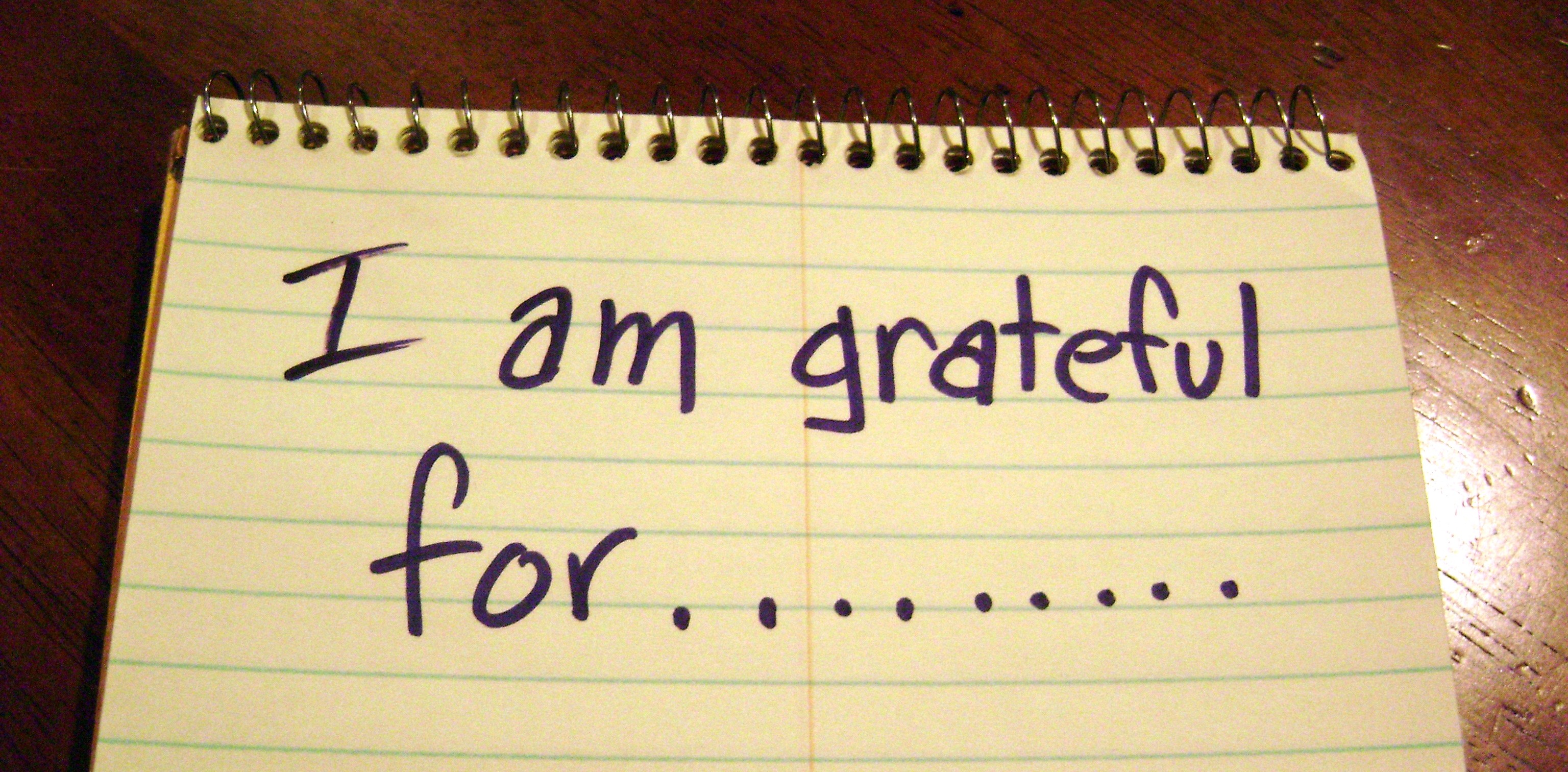Instead of worrying about drying out my turkey this Thursday, I am going to take Dr. Robin Stern’s advice about beginning a gratitude practice. Robin is a researcher at the Yale Center for Emotional Intelligence and shared this with us:
What is gratitude?
Gratitude is a state of mind that arises when you affirm a good thing in your life that comes from outside yourself, or when you notice and relish little pleasures and life’s small blessings. Though some people and things are clear blessings, this state of mind doesn’t actually depend on your life circumstances. Whether it’s the sight of a lovely face or a tasty bite of food or good health, there is always something to be grateful for. Gratitude is kind of like a radio channel: you can choose at any time to tune in. Practicing gratitude is a tradition of all faiths.
What are the benefits of gratitude?
We know now, that gratitude is linked strongly to mental health and life satisfaction. Grateful people experience more joy, love, and enthusiasm, and they enjoy protection from destructive emotions like envy, greed, and bitterness. Gratitude can remind us that goodness exists, even in the face of uncertainty or suffering.
Not only is gratitude a warm and uplifting feeling, it benefits the body as well. People who experience gratitude cope better with stress, recover more quickly from illness, and enjoy more robust physical health, including lower blood pressure and better immune function.
And, gratitude benefits relationships. Grateful people are rated by others as more helpful, outgoing, optimistic, and trustworthy.
Here are 4 ways you can start to practice gratitude in your life:
Gratitude practice begins by paying attention. Notice all the good things you normally take for granted. Did you sleep well last night? Did someone treat you with courtesy? It also involves acknowledging that difficult and painful moments are instructive and you can be grateful for them as well. Directing our attention this way blocks feelings of victimhood.
Second, consider writing in a journal or in a letter about your gratitude. Writing helps you organize thoughts, accept experiences, and put them into context, and writing about gratitude may bring a new and redemptive frame of reference to difficult life situations.
Finally, expressing gratitude completes the feeling of connection. Many people in your life have helped you in one way or another. Have you thanked them? Consider sending a letter to someone telling them what their actions meant to you.
Think of gratitude as a gift you give yourself and that can give to others. Talk about gratitude with your children. Develop a practice where you are grateful “out loud” everyday for your many blessings.
Adapted from “Gratitude as a Psychotherapeutic Intervention,” by Robert A Emmons, Ph.D. and Robin S. Stern, Ph.D., Journal of Clinical Psychology

